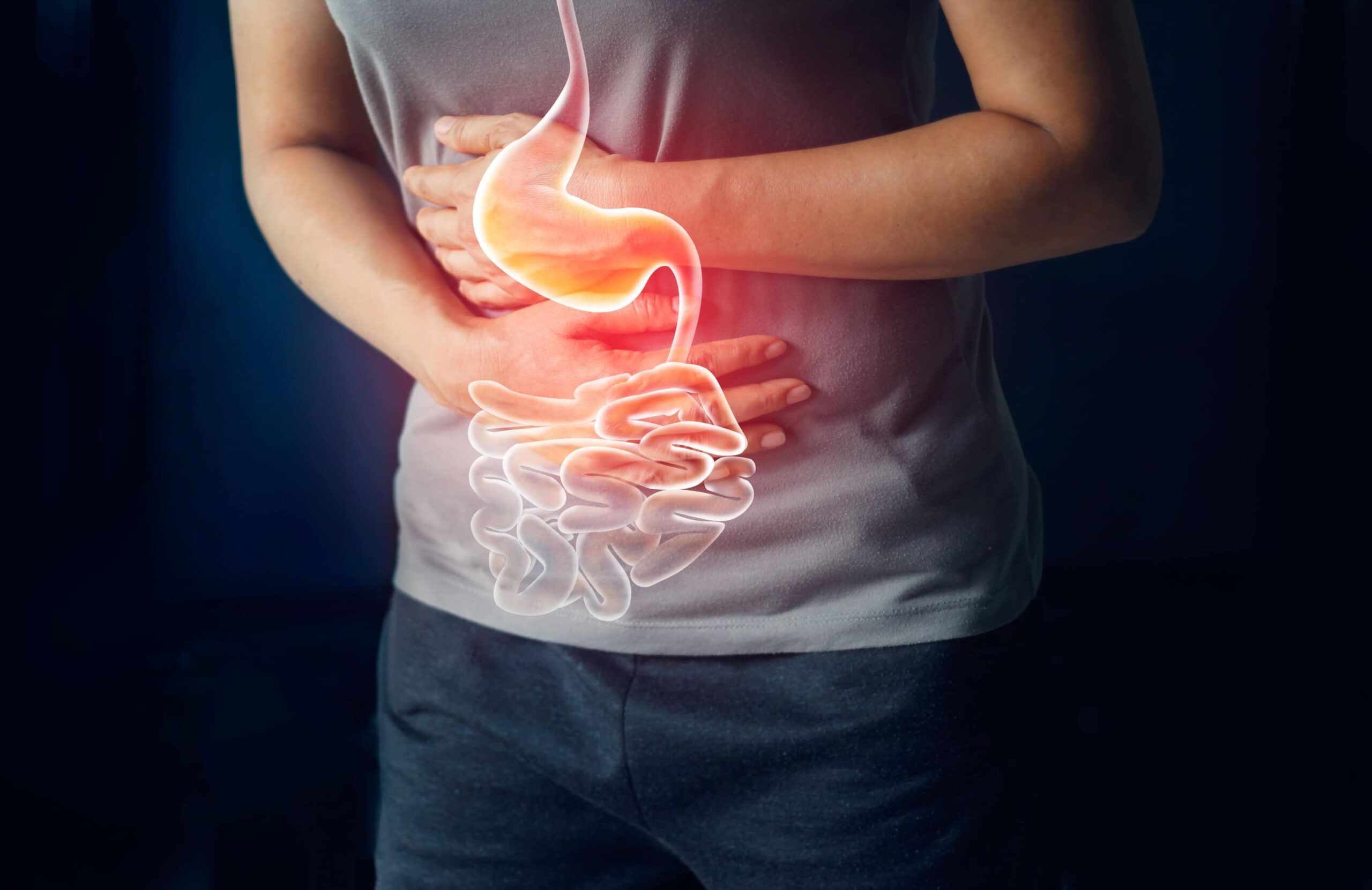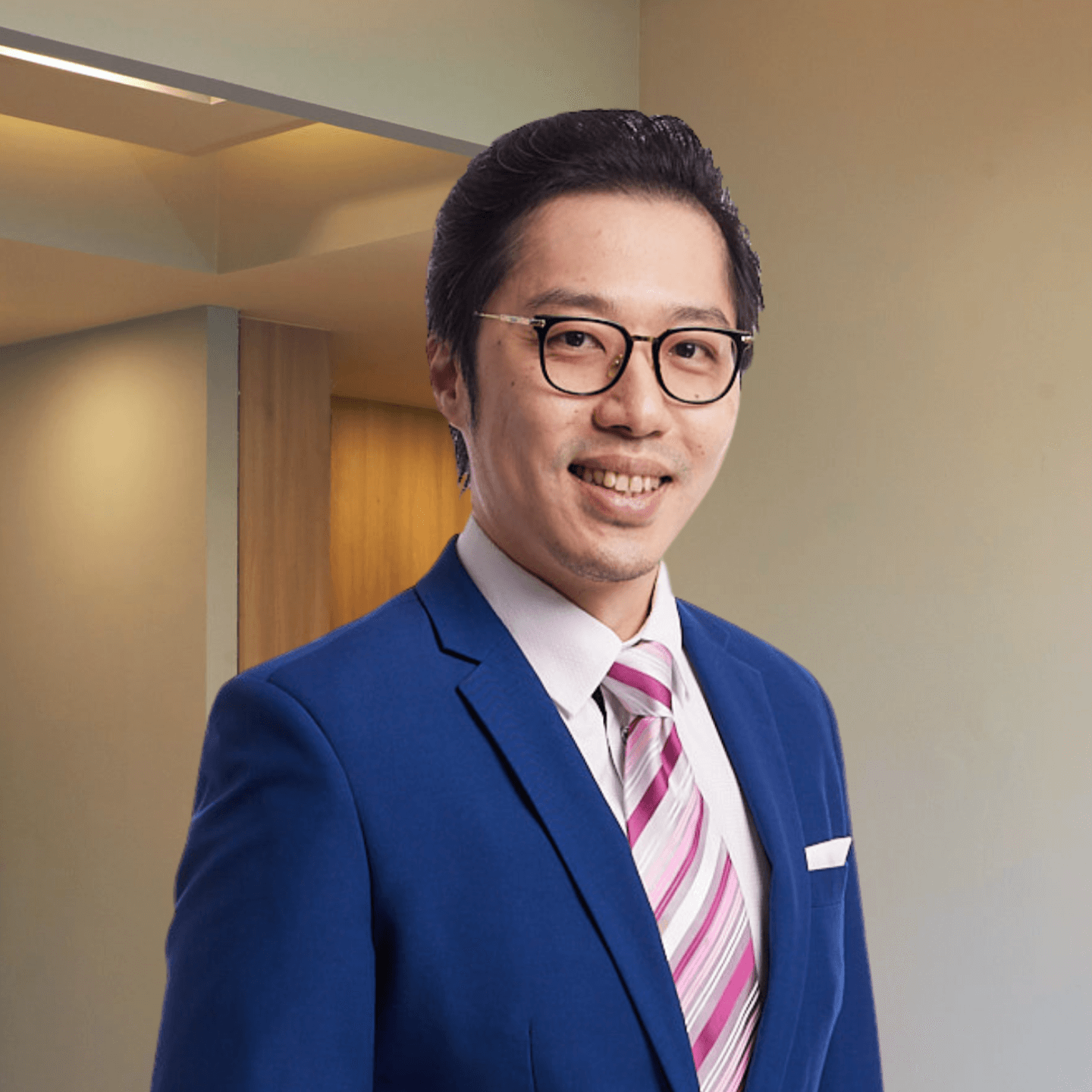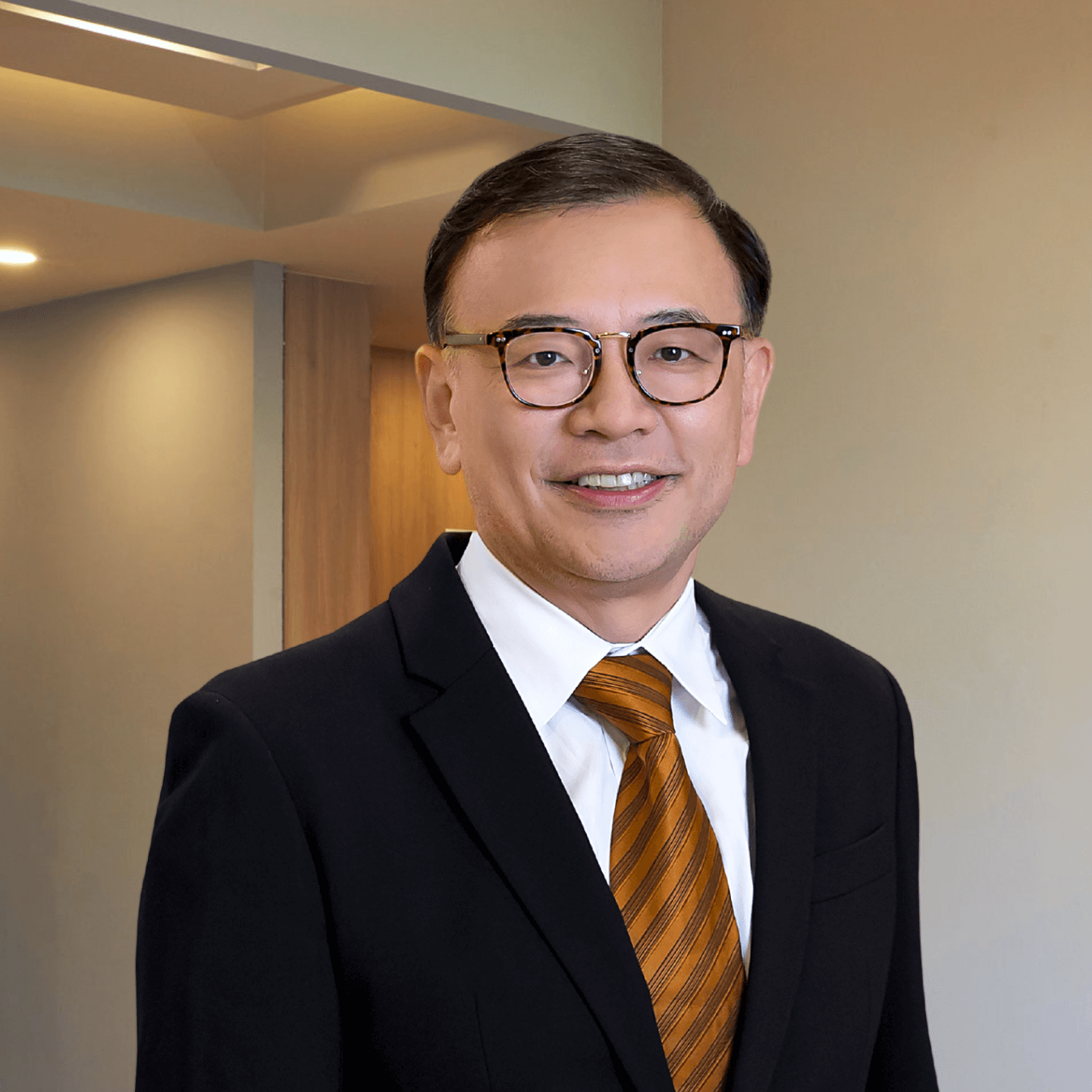Who is Gastroscopy For?
Gastroscopy may be the right procedure for individuals who experience:
- Persistent heartburn or acid reflux
- Difficulty swallowing or pain when swallowing
- Unexplained weight loss
- Chronic nausea or vomiting
- Blood in vomit or stool
- Suspected ulcers or inflammation in the digestive system
- Suspected cancer or precancerous lesions in the digestive system
If you are experiencing any of these symptoms or have a family history of digestive diseases, you should consult your colorectal specialist for an accurate diagnosis and appropriate treatment.



